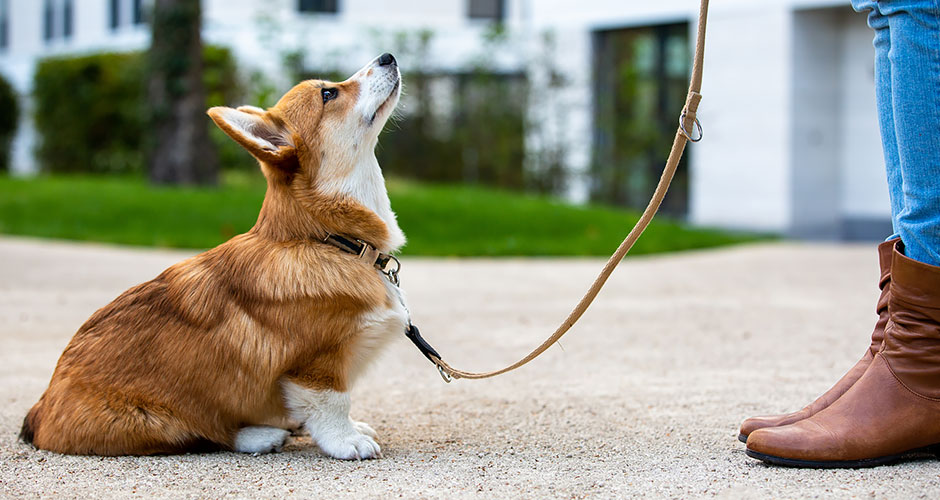Why Does My Dog Smell Like Fish? Decoding Fishy Odors in Dogs

Do you ever notice a distinct, fishy odor coming from your pet? The usual culprit is your cat or dog’s anal glands. Anal gland issues are common in small dogs and less common in large breeds and cats, though any pet can experience this stinky situation.
What Are Anal Glands in Pets?
Cats and dogs have a pair of sacs containing oil glands on either side of their anus. Similar to the stink sacs located in the same place on a skunk, your pet’s anal glands can release a pungent substance when your pet is startled or anxious.
But the main purpose of these glands is to leave behind a territorial scent marking. Normally, they empty every time your pet has a bowel movement.
Anal Gland Issues in Pets
It’s normal for a pet with healthy, properly functioning anal glands to occasionally empty them at inopportune times, for example, when they’re sitting in your lap or lying on the couch. Stressful events like grooming, vet visits, or seeing other animals can trigger your pet’s anal glands.
If your pet always smells fishy, or you notice more leaking than usual, there’s a good chance their anal glands are not working as they should.
Not emptying completely.
If you’re noticing your pet’s anal gland odor more often, they may not be emptying completely when they poop. The odor can come from their rear end, or you may notice it on their breath if they’ve recently cleaned themselves. You can often fix this issue simply by adding more fiber to your pet’s diet. Fiber results in firmer, bulkier stools that apply pressure to the anal glands as your pet poops. Glandex powder and chews for dogs and cats are specially formulated to bulk up stools, reduce inflammation, and support healthy digestion.
Anal gland impaction.
When a cat or dog’s anal glands do not empty properly over a long period of time, the fluid inside the sacs can accumulate and thicken. They may leak or become completely blocked. Symptoms of an anal gland blockage include odor, itching, scooting, and painful pooping. If you suspect your pet has an impaction, they will need to be treated by your veterinarian.
Other Causes of Fishy Odors in Pets
If you’ve ruled out your pet’s anal glands as the source of their fishy odor, there are several other possible causes.
A bacterial infection that affects any part of the body, including the ears, genitals, mouth, or even skin folds, can give off unusual odors.
Diet can also play a role, but even pets that eat an exclusively fish-based diet will only smell faintly of fish shortly after a meal.
Cats and dogs tend to be attracted to stinky smells, and will often roll in smelly substances for unknown reasons. Your pet may have found wild animal feces, decaying organic matter, or rotting trash and helped themselves to a roll in the aroma.
You can eliminate fishy odors with a scented pet shampoo or pet bath wipes. If odors persist after grooming, see your vet to rule out infections and other underlying causes.





